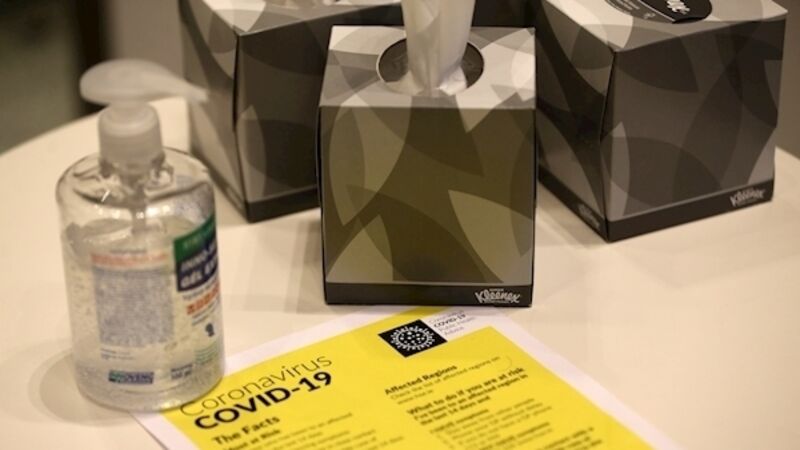Covid-19 contact tracing app switches tack in terms of how it functions

The Government has confirmed officially for the first time that the national contact tracing app to combat Covid-19 which is currently in development has switched tack fundamentally in terms of how it functions.
A deal of mixed messaging has surrounded the application to date in terms of how it will work and as to what technical model it will follow.













